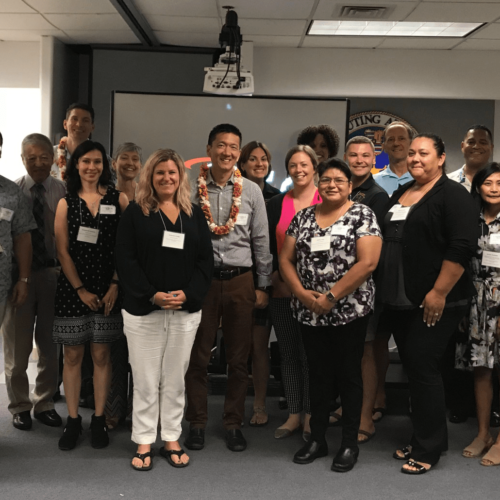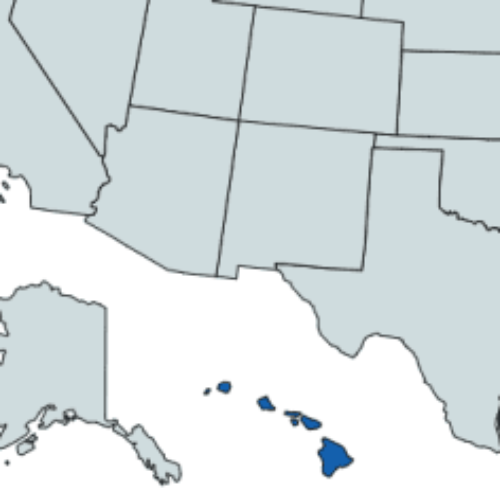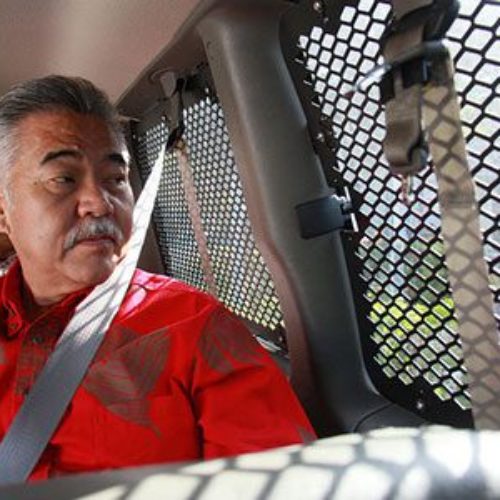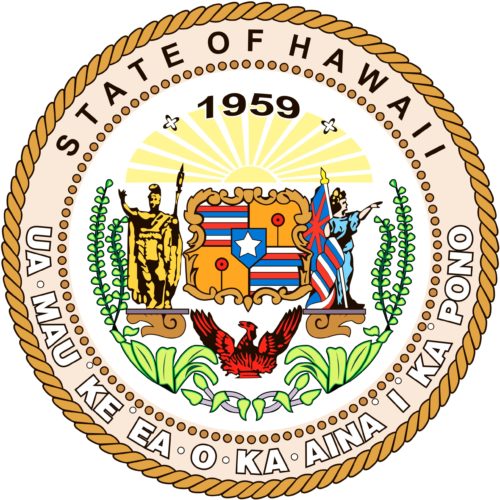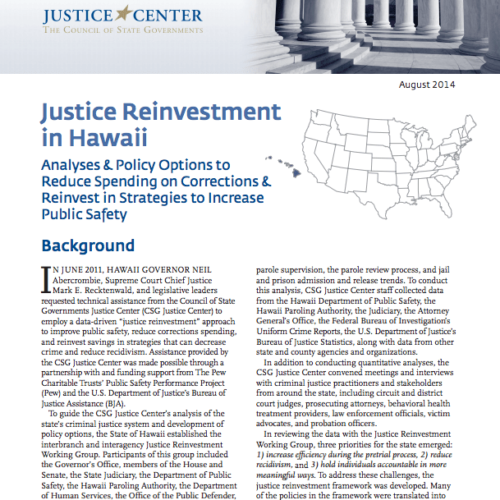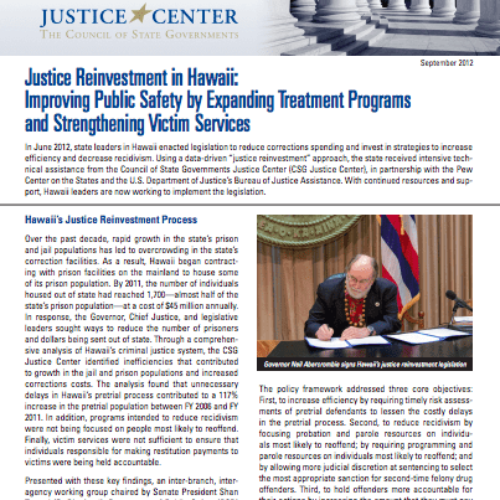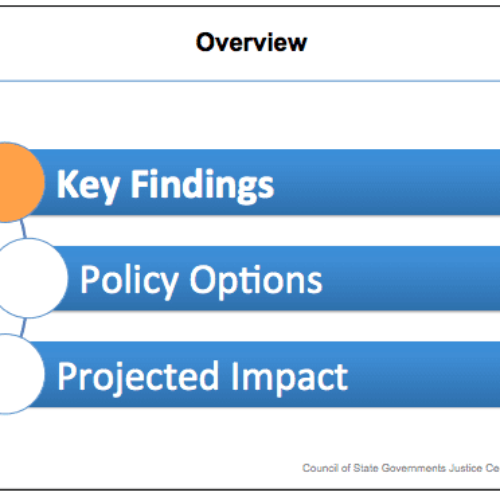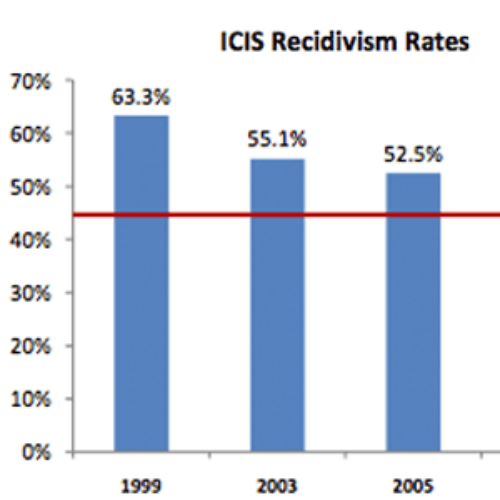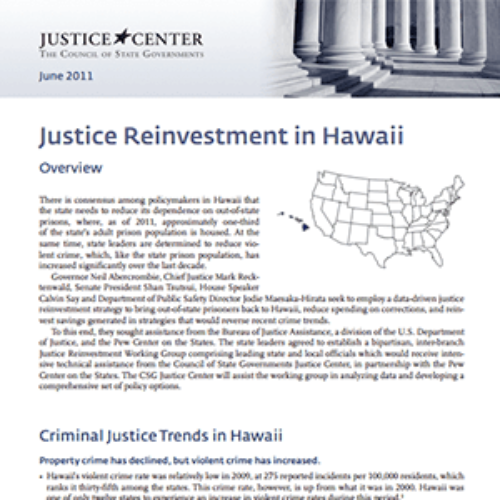Justice Reinvestment in Hawaii
The Problem
Hawaii’s prison and jail populations grew 18 percent between 2000 and 2010. Due to a lack of space in its correctional facilities, Hawaii contracted with mainland facilities to house approximately one-third of its incarcerated people. Between 2006 and 2011, the state’s pretrial population increased partly due to delays in Hawaii’s pretrial decision-making process. In addition, victim services were not sufficient to ensure that individuals responsible for making restitution payments were being held accountable.
How JRI Helped
From 2011 to 2012, the CSG Justice Center worked with Hawaii’s state leaders to develop data-driven policy options designed to reduce corrections spending and increase public safety. CSG Justice Center experts interviewed stakeholders across the criminal justice system and conducted a comprehensive analysis of Hawaii’s criminal justice data. Signed into law in 2012, Hawaii’s Justice Reinvestment legislation (SB 2776 and HB 2515)
- Required timely risk assessments of pretrial defendants to lessen costly delays in the pretrial process;
- Focused probation and parole resources on individuals most likely to reoffend; and
- Increased the amount that people pay toward victim restitution and ensured institutions have the mechanisms in place to collect, track, and disperse these funds effectively.
Implementation and Impacts
Ten years after the legislation passed, approximately 1,800 fewer prison beds were in use. As of June 30, 2022, Hawaii’s prison population was 4,258. Since enactment of Justice Reinvestment policies in June 2012, the Crime Victim Compensation Commission has collected over $4.5 million in restitution payments from people in prison, on furlough, and on parole. In 2014, Hawaii funded up to 22 victim services positions. Between 2013 and 2015, the state reinvested $10.6 million to expand the availability of community-based treatment programs; hire additional corrections staff and parole officers to complete risk and needs assessments and support reentry efforts; and hire research and planning staff.
The CSG Justice Center provided technical assistance to Hawaii on the implementation of the Justice Reinvestment policies, including assisting the Department of Public Safety (PSD) in developing a restitution collection database, facilitating implementation of a pretrial risk assessment tool, and helping the Hawaii Paroling Authority, PSD, and the judiciary develop a training and recertification strategy for staff on using risk assessments.











